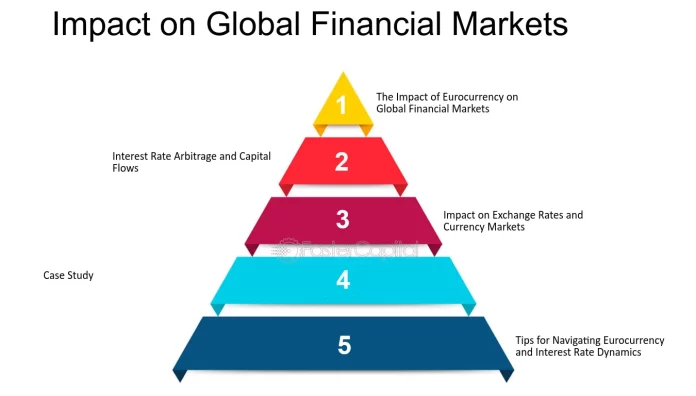Stock Market Crash: Sensex Down by Over 1,000 Points, Nifty Slumps to 25,451
The recent stock market crash in India has sent shockwaves through the financial landscape, with the Sensex experiencing a steep decline of over 1,000 points and the Nifty slumping to 25,451. Here are some key details and factors contributing to this alarming situation:
1.Global Market Influences
- Recession Fears: Global markets have been under pressure due to concerns about a potential recession in key economies, particularly the U.S. and Europe. This has led to heightened volatility and risk aversion among investors worldwide.
- Geopolitical Tensions: Ongoing geopolitical conflicts, including trade disputes and military confrontations, have added to market unease, leading to a cautious approach by investors.
2. Domestic Economic Indicators
Rising Inflation: Inflation rates have surged, leading to fears that the Reserve Bank of India may raise interest rates to combat rising prices. This uncertainty has deterred investment and consumer spending.
Slowdown in Economic Growth: Recent data indicates a slowdown in key sectors, including manufacturing and services, raising concerns about the overall health of the economy.
3. Corporate Earnings Reports
Disappointing Performance: Several major companies have reported lower-than-expected quarterly earnings, reflecting operational challenges and increased costs. This has fueled skepticism about future growth prospects and led to selling pressure on their stocks.
4. Sector-wise Impact
Banking and Financial Services: These sectors have been hit particularly hard, as rising interest rates could impact loan demand and increase default risks.
Technology and IT: Stocks in the technology sector have also suffered, as concerns about global demand and cost management weigh heavily on investor sentiment.
5. Investor Sentiment
Panic Selling: The drastic fall has triggered panic among retail investors, many of whom are now rushing to sell off their holdings, further exacerbating the market decline.
Long-Term Perspectives: Some analysts suggest that this downturn might present buying opportunities for long-term investors who can tolerate short-term volatility.
6. Market Recovery Outlook
Expert Opinions: While the current outlook is grim, some market experts believe that history shows markets tend to recover over time. A cautious approach is advised, with an emphasis on research and strategic investment.
As the situation evolves, market participants are closely monitoring policy announcements and economic data that could influence the stock market’s recovery trajectory. Investors are encouraged to stay informed and make calculated decisions in this turbulent environment.





























